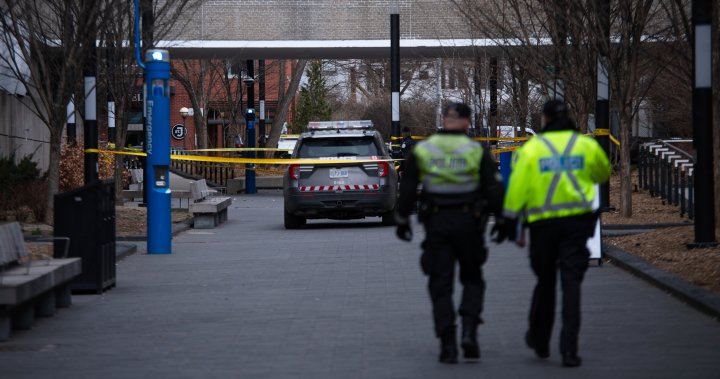Toronto police have apprehended 23-year-old Ryan Petroff in connection with a hit-and-run incident that injured five pedestrians at Toronto Metropolitan University (TMU) campus on April 15, 2025. Petroff was arrested on May 8, 2025, following a separate road rage incident near Morningside Avenue and Highway 401. The collision occurred when the suspect drove onto the pedestrian walkway at Gerrard Street East and Yonge Street, striking victims seated on the Nelson Mandela Walk before fleeing the scene. Petroff faces 24 charges related to the incident, and the investigation remains ongoing.
The arrest of Ryan Petroff marks a significant development in the investigation surrounding the hit-and-run incident at Toronto Metropolitan University earlier in April 2025. According to Toronto Police Service spokesperson Constable Aaron Peck, the suspect was identified through a combination of surveillance footage, witness testimonies, and forensic evidence collected from the scene.
Details from the investigation indicate that Petroff drove a red sedan onto the pedestrian walkway located at Gerrard Street East and Yonge Street, an area known for heavy foot traffic, particularly near the Nelson Mandela Walk where the victims were seated. The vehicle struck five pedestrians before fleeing the scene without offering assistance or notifying emergency services.
Incident Background and Victims
The collision occurred during midday on April 15, 2025, causing serious injuries to all five individuals involved. Emergency responders arrived promptly and transported the victims to local hospitals, where they received medical treatment. As per hospital reports, none of the injuries were life-threatening, but all required immediate and ongoing care.
The victims have not been publicly identified, respecting their privacy and in accordance with police protocol during active investigations.
Police Response and Arrest Details
Ryan Petroff’s arrest on May 8, 2025, followed an unrelated road rage incident near the intersection of Morningside Avenue and Highway 401. During this separate event, police identified Petroff, which led to the review of evidence tying him to the TMU campus hit-and-run. Police executed a search warrant on Petroff’s vehicle and residence, uncovering additional evidence linking him to the April incident.
Charges and Ongoing Investigation
Petroff has been formally charged with 24 offences, including dangerous operation of a motor vehicle causing bodily harm, failure to stop at the scene of an accident, and multiple counts of assault with a weapon, with the vehicle considered the weapon in this context. Police have indicated that further charges may be forthcoming as the investigation continues.
Authorities urge anyone with additional information or further video footage from the campus vicinity on April 15 to come forward to assist the ongoing inquiry.
Community Impact and University Response
The incident has raised concerns about pedestrian safety on and around the TMU campus. University officials have stated their commitment to working with city authorities to enhance security measures and prevent future occurrences. Initiatives under consideration include improved lighting, additional surveillance cameras, and increased police presence in pedestrian areas.
Conclusion
The apprehension and charging of Ryan Petroff represent critical progress in resolving the TMU campus hit-and-run case. As legal proceedings commence, the community awaits further updates while prioritizing the safety and recovery of the affected individuals. The Toronto Police Service continues to investigate and encourages public cooperation to ensure a thorough and just conclusion to this incident.
The apprehension and charging of Ryan Petroff mark a pivotal step toward accountability in the hit-and-run incident at Toronto Metropolitan University. With 24 charges laid and the investigation ongoing, authorities remain focused on delivering justice while supporting the recovery of the injured pedestrians. The collaboration between law enforcement, the university, and the community highlights a shared commitment to enhancing safety measures around the campus to prevent similar events in the future. As the case progresses through the legal system, public assistance remains crucial to ensure a comprehensive and transparent resolution.

